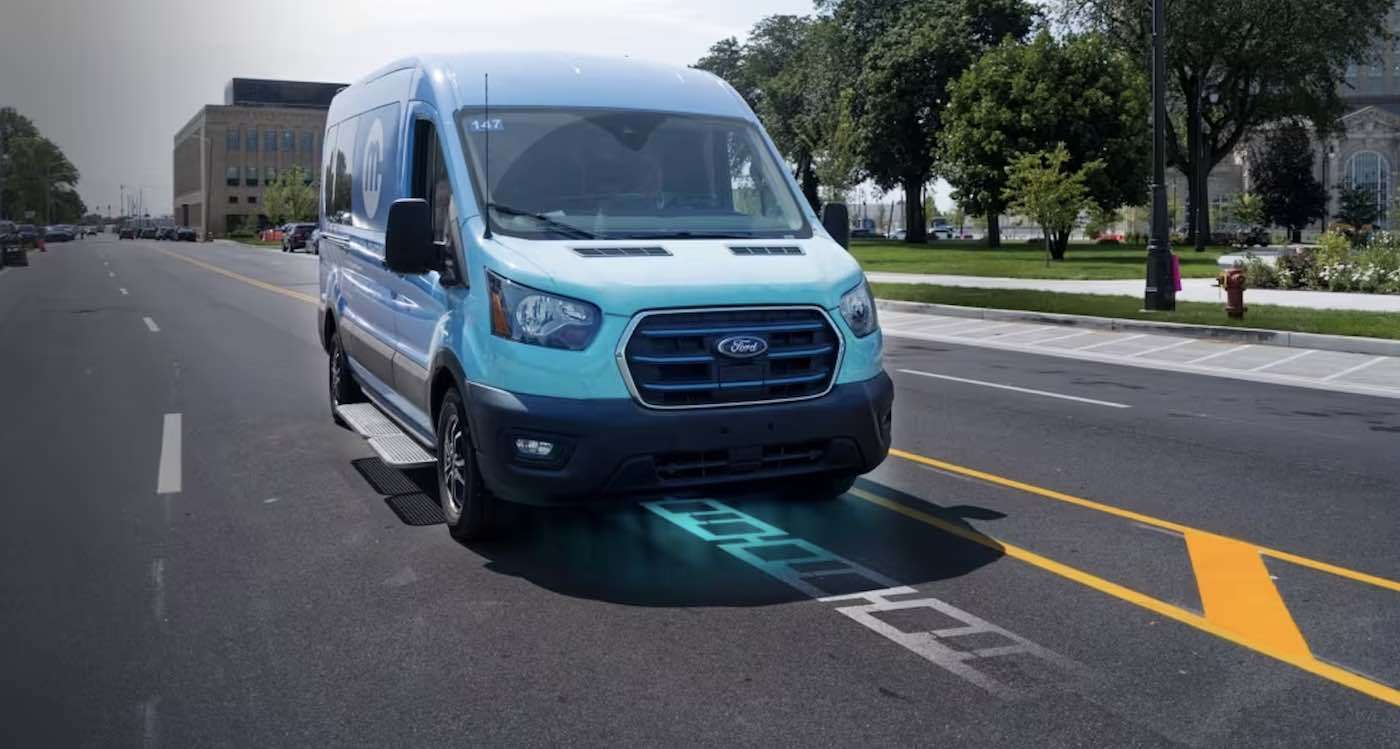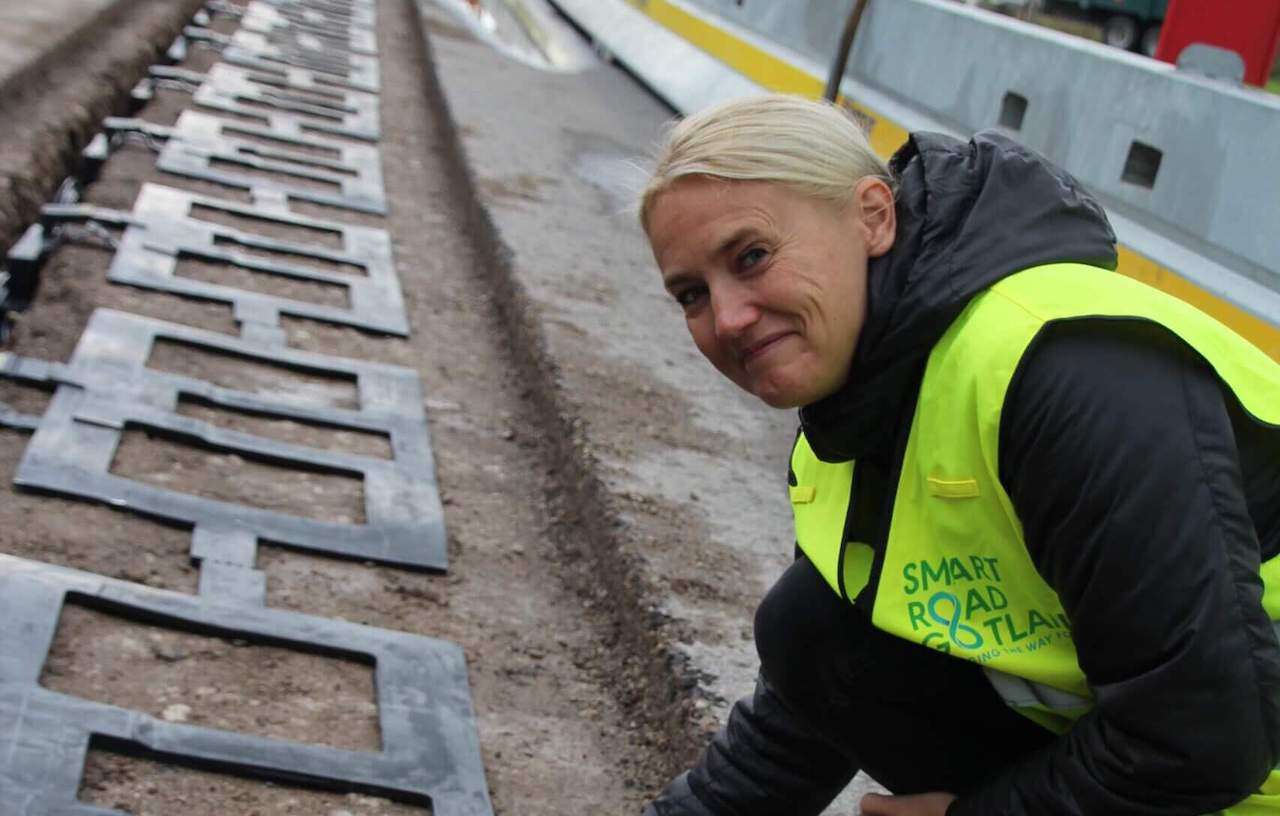Violent Crime and Homicide Falling Across Major US Cities, with Detroit on Track for a 60-Year Low
From another city famous for violent crime, Chicago remains on pace for double-digit percentage declines in the number of homicides

Detroit, Michigan celebrated a major milestone in the future of vehicle electrification, as crews finished installing the nation's first wireless-charging public roadway last month.
Using technology from Electreon, 14th Street is now equipped with inductive-charging coils that will charge electric vehicles (EVs) equipped with receivers as they drive on the road.
The road will be used to test and perfect the Israeli company's wireless-charging technology in a real-world environment to perfect it ahead of making it available to the public in the next few years.
"We're excited to spearhead the development and deployment of America's first wireless charging road," said Dr. Stefan Tongur, Electreon vice president of business development. "This milestone stands as a testament to our collaborative efforts with the State of Michigan and the Department of Transportation (MDOT)."
The charging road, which runs between Marantette and Dalzelle streets, paves the way for addressing range limitations of EVs,
The move toward electrification was touted by Gov. Gretchen Whitmer, who announced the pilot initiative in September 2021 to develop the nation's first wireless charging infrastructure on a public road, after MDOT and Electreon entered a five-year commitment to develop the electric road system (ERS).

Electreon's wireless charging technology is based on inductive coupling between copper coils installed below the road surface and receivers installed on the underside of electric vehicles. The road only transfers its electricity using a magnetic field when a vehicle with a receiver nears the in-road charging segments.
These charging segments can transfer wireless electricity directly to the car battery when the vehicle is parked (static charging) or is driving (dynamic charging). The electric road is safe for drivers, pedestrians and wildlife. Each coil in the road is activated only when a vehicle with an approved receiver passes over the coil. This ensures that energy transfer is controlled and provided only to vehicles that require it.
MDOT and Electreon agreed to install a combined mile of inductive-charging roadway in Detroit's historic Corktown neighborhood. The charging road runs alongside the Newlab at Michigan Central Building, home to more than 60 tech and mobility startups, allowing for the further testing and advancement of this next-generation technology.
In 2024, MDOT will begin seeking bids to rebuild part of US-12 (Michigan Avenue), which will see additional inductive charging installed. Electreon has also installed two static inductive charging stations in front of Michigan Central Station, which will be able to charge Electreon-equipped vehicles while they are parked.
Extensive testing of the inductive charging technology will continue in early 2024. Using a Ford E-Transit electric commercial van provided by Ford Motor Co. and equipped with the Electreon receiver, staff will test the efficiency and operations of the vehicle and study potential long-term public transportation opportunities.
"Making it easier for EV users to find a reliable charging source without disrupting their commute supports both fleet operations and passenger travel," said MDOT Director Bradley C. Wieferich.
Electreon operates 18 projects across eight countries, including powering buses in Israel and electrifying roads in France, China, Norway, and Sweden. And, Electreon's wireless in-road charging technology was named one of the world's top 100 inventions for 2021 by Time Magazine.
DRIVE This Cool Story to EV Drivers By Sharing on Social Media…
Be the first to comment